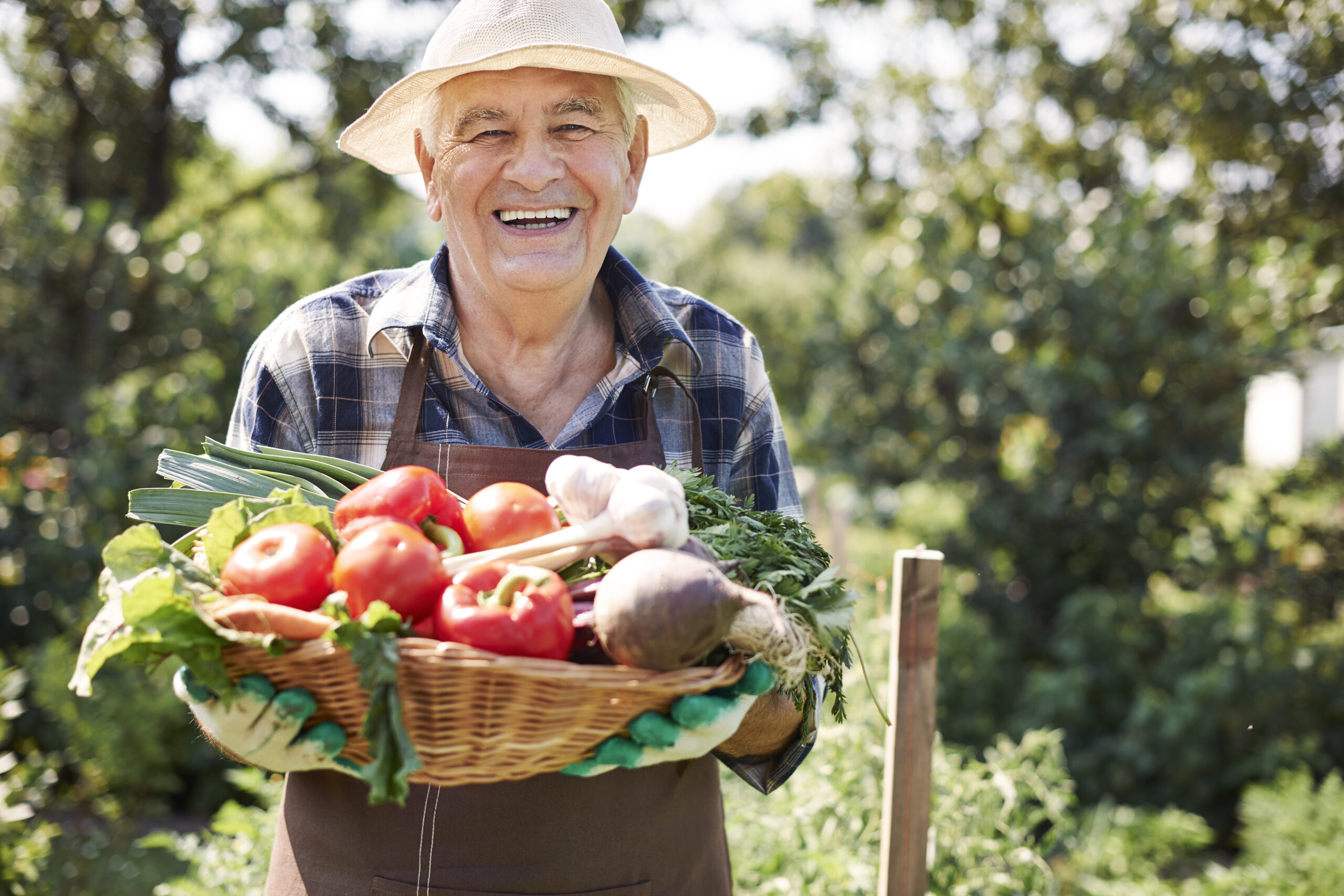Organic gardening is a method of growing plants without the use of synthetic fertilizers and pesticides. It involves using natural methods to maintain soil health, control pests, and promote plant growth. Many people are turning to organic gardening as an alternative to traditional gardening because it offers numerous benefits that might surprise you. In this blog post, we will explore why choosing organic gardening is a great choice for your home garden.
Introduction to Organic Gardening
Organic gardening has been around for centuries, but it gained popularity in recent years due to concerns about the environment and food safety. Unlike conventional gardening, which relies on chemicals to keep plants healthy and pest-free, organic gardening uses natural materials such as compost, mulch, and natural insect repellents. This approach not only promotes healthier plants but also supports sustainable agriculture practices that benefit both humans and the planet.
The Benefits of Choosing Organic Gardening
There are many reasons why more people are choosing organic gardening over traditional gardening. Here are some of the top benefits:
1. Healthier Plants – Organically grown plants are generally healthier than conventionally grown plants because they are not exposed to harsh chemicals that can harm their roots and leaves.
2. Better Taste – Organic fruits and vegetables often have better flavor and texture than conventionally grown produce because they are packed with nutrients and minerals from the soil.
3. Improved Soil Quality – Organic gardening focuses on building healthy soil by adding organic matter like compost and manure, which improves soil structure and increases its ability to retain moisture.
4. Reduced Environmental Impact – By avoiding synthetic chemicals, organic gardening reduces pollution and protects water sources from contamination.
5. Better Nutrition – Eating organic produce ensures that you get all the essential vitamins and minerals needed for good health while reducing exposure to potentially dangerous pesticide residues.
How to Start Your Own Organic Garden
Starting an organic garden is easy if you follow these simple steps:
1. Choose the right location – Select an area that receives at least six hours of sunlight per day and has well-draining soil.
2. Remove any existing turf or sod – Use a shovel or tiller to remove the grass or sod from the area where you want to create your garden bed.
3. Add organic matter – Mix compost, manure, or other organic material into the soil to improve its quality and nutrient content.
4. Create raised beds – Raised beds help prevent soil compaction and make it easier to tend to your plants.
5. Plant your seeds or seedlings – Choose heirloom varieties of vegetables and fruits that are suited to your climate zone and plant them according to package instructions.
Common Mistakes to Avoid When Starting an Organic Garden
Here are some common mistakes to avoid when starting an organic garden:
1. Overwatering – Too much water can lead to root rot and fungus problems. Make sure to water your plants deeply but infrequently.
2. Not providing enough light – Some plants require full sun exposure, so be sure to choose the appropriate site for each type of plant.
3. Neglecting maintenance – Regularly tending to your garden, including removing dead foliage and pruning, helps ensure healthy plants and prevents pest issues.
Tips for Successful Organic Gardening
To ensure successful organic gardening, here are some tips to follow:
1. Keep a journal – Record information about your garden’s performance, including what worked well and what didn’t, to help guide future decisions.
2. Rotate crops – Alternating different types of plants in your garden helps reduce pest pressure and keeps soil nutrients balanced.
3. Practice companion planting – Combining certain plants together can help deter pests and encourage beneficial pollinators.
4. Use natural remedies – Instead of reaching for chemical solutions, try using natural alternatives like neem oil or garlic spray to manage pests and diseases.
Conclusion: Why Choose Organic Gardening
Choosing organic gardening is a smart decision for anyone who wants to grow healthy, delicious produce while supporting sustainable farming practices. With careful planning, attention to detail, and a little bit of elbow grease, you too can enjoy the benefits of organic gardening.






